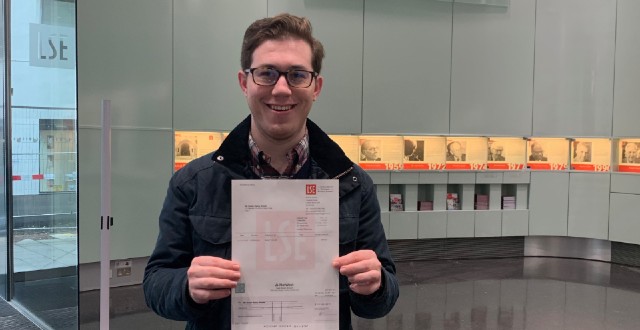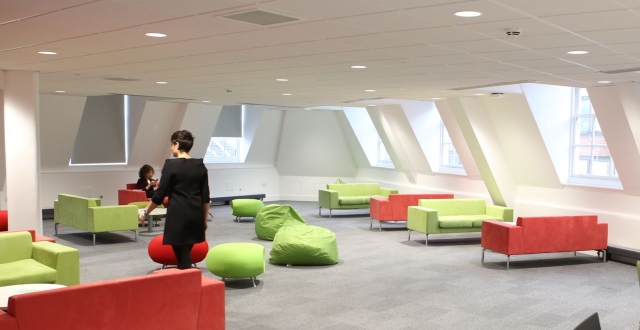With the spring now in full bloom, it’s time to start thinking ahead to the Summer Term. For undergraduates and postgraduate students, that means thinking about final essays, exams, and dissertations. If you’re a first year PhD candidate, it signifies the approaching PhD upgrade viva, the most important milestone in the early part of the PhD process. Now in my second year of the PhD, I’ve had a lot of time and distance to think about my upgrade viva and how one should prepare for it. I want to share some of my thoughts with you if this is an experience on your horizon.
“The PhD upgrade viva is an oral examination at the end of your first year where you must defend your proposed dissertation and the upgrade portfolio you submit in the Summer Term.”
The upgrade viva can definitely be a scary or nerve-racking prospect. I think that started dawning on me several weeks before mine in early June 2020. We had already spent weeks in isolation due to the onset of the COVID-19 pandemic, which cast a stressful overhang to everything I was doing last spring. While that hasn’t really changed a year later, the novelty of the coronavirus was still fresh then, and the uncertainty extremely high. The pandemic increased my concerns about the viva, no doubt about it.
Yet, although I thought I was doing a lot to prepare for it, I now realize I could have done a lot more. I think that stems in part from my miscalibrated expectations on what was awaiting me, but I also think I should have been thinking my project through more and making sure I was more than well-prepared to defend it to my examiners, two professors in my department. I think what makes the upgrade viva experience unique to everyone is that they can focus on very different things, depending on the student, which I only realized after talking to other members of my PhD cohort about what they went through. In hindsight, that makes sense, but at the time, I expected some more uniformity in the process. That’s not good or bad one way or the other, it’s just the way it is. I think having that expectation is important heading into that meeting.
I also think it’s vital to spend time thinking through the anticipated critiques of your project and work, and coming up with responses to those assessments. I did this to some degree, but I believe I would have been better prepared if I had spent more time doing this. Your supervisor will be crucial here, and I would devote real time to thinking this through with them. Your supervisor is a valuable resource, and you should use them whenever you can. Their knowledge and experience are only going to help you.
The PhD upgrade viva can be stressful, but it’s also a chance for you to shine, and show what you’ve accomplished during your first year. It’s a chance to talk about your research at length, and you shouldn’t pass up that opportunity to show why your PhD matters and why you’re passionate about it. So spend time preparing for it, but also view it as an opportunity to shine and demonstrate why this project needs to be completed. It’s an invaluable chance, so go and seize the day!





